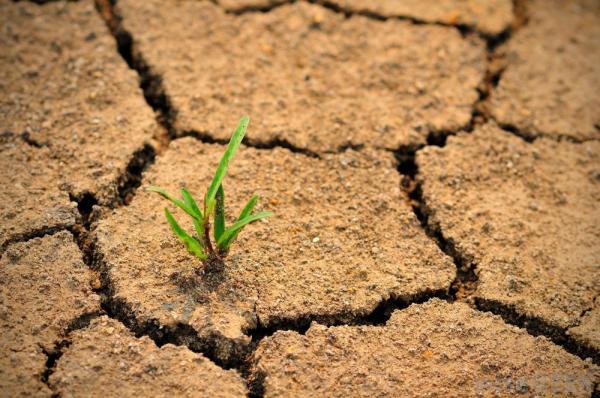Located in the Sahel of West Africa, Mali has a dry climate with 65 % of its territory under semi-desert and desert conditions. Climate change is expected to increase the variability and the incidence of extreme weather events, such as droughts, floods, intense rainfall events. Without improved planning and management and particularly improved water management, climate change will destroy crops and property, and lead to greater degradation of already fragile soils. Regardless of whether there is an increase or decrease in precipitation, increased temperatures will cause greater evapo-transpiration, which will lead to drier soils in many areas and a corresponding decrease in water availability.
The main objective of the programme is to increase the resilience of vulnerable communities and their adaptive capacity to climate change in the regions of Mopti and Timbuktu including the Faguibine system zone. The programme has the following specific objectives:
- Increased climate change resilience of local water systems in Mopti and Timbuktu regions
- The production of local livelihood systems such as agriculture, fisheries, livestock, and forest enhanced under climate change
- Enhanced capacity of local institutions and of communities to better adapt to climate change.
Learn more
| Project Component 1: Enhanced water control measures in vulnerable water buffer zones | US$ 2,730,000 |
| Project Component 2: Resilience of the means of subsistence of vulnerable communities | US$ 3,249,000 |
| Project Component 3: Capacity building and knowledge generation for adaptation | US$ 1,203,500 |
| Project execution cost | US$ 682,337 |
| Total Project Cost | US$ 7,864,837 |
| Implementing Entity Project Cycle Management Fee | US$ 668,511 |
| Grant Amount | US$ 8,533,348 |
Project Documents
| Attachment | Type | Size |
|---|---|---|
| Project document | 2 MB | |
| PPR1 (for web) | XLSX | 245 KB |
| PPR2 (for web) | XLSX | 136 KB |
| PPR3 (for web) | XLS | 386 KB |
| PPR4 (for web) | XLSX | 133 KB |
| Other project order | 95 KB | |
| Final evaluation report | 2 MB | |
| PPR5 (for web) | XLSX | 118 KB |



